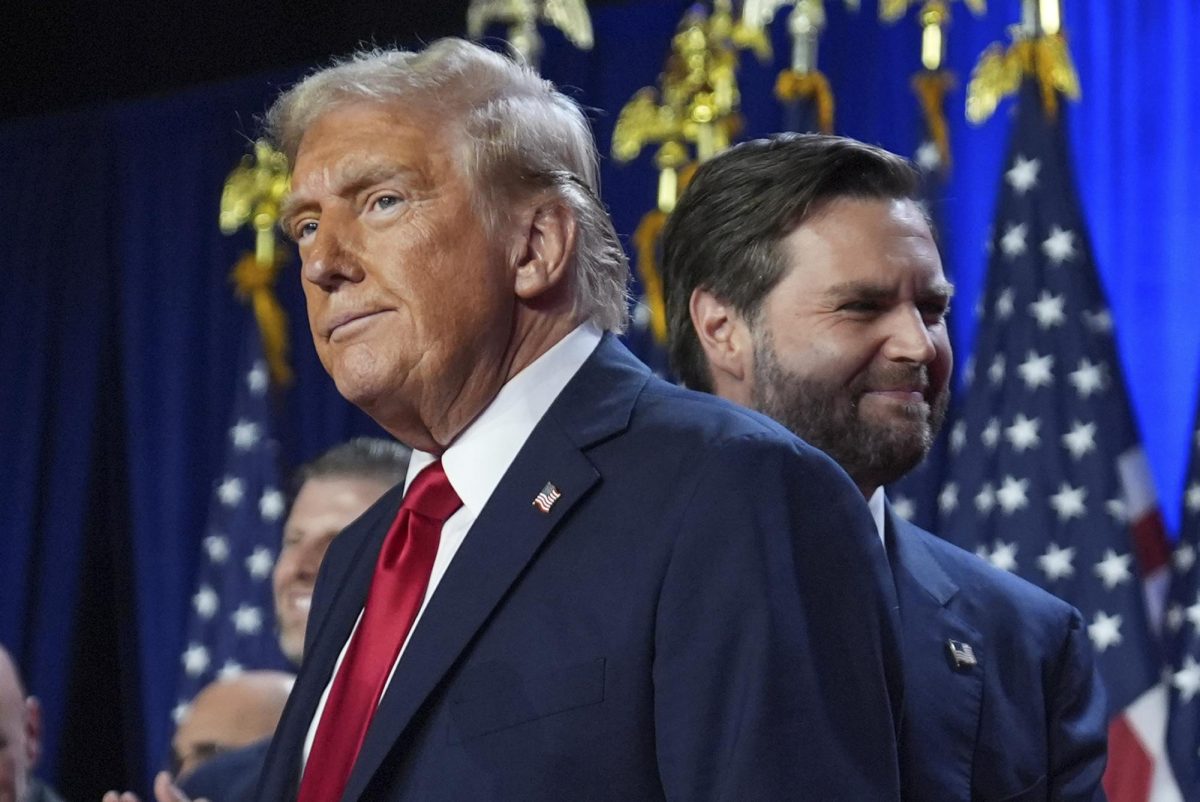U.S.-U.N. relationship arduous but necessary
April 17, 2005
Since the war in Iraq, the United Nations and the United States have had a strained… Since the war in Iraq, the United Nations and the United States have had a strained relationship the likes of which rival even the most dysfunctional of twosomes: Kobe and Shaq, and Elizabeth Taylor and anyone.
The history of this delicate bond goes well beyond the events of recent years and even policy issues of the past, and into the character of the United States and its skeptical, reluctant attitudes toward international organizations.
The developments of the last few years have brought the tensions to new heights. The unilateral nature of the Iraq war weakened and estranged the international community. Here at home, a number of conservatives questioned our membership and commitment to an organization that so obviously failed to protect U.S. interests.
Other, less visible, differences have contributed mightily to the alienation. The United States’ dues to the United Nations went unpaid for years. The Bush administration has opposed international treaties and institutions, including the International Criminal Court, as a matter of policy. The United Nations, for its part, made a mockery of its own Human Rights Commission by including members like Sudan and Libya while booting the United States.
And the scandal of the Iraqi Oil-for-Food program is a huge black eye to the organization that will not disappear anytime soon.
Relations have soured so much that calls for U.N. Secretary General Kofi Annan’s resignation can be heard by U.S. representatives even after he was cleared of any wrongdoing. And Bush recently appointed John Bolton, a well-known opponent of U.N. efforts to the ambassador post in the organization.
Though an actual U.S. withdrawal from the United Nations is inconceivable, the growing bitterness between the two is dangerous and unfortunate. The truth is that the two absolutely need one another, and more than anything, the world needs both of them.
Opponents of a continuing relationship protest loudly, but have little to offer as an alternative. The notion that separate alliances will be created to deal with each arising issue is impractical and unrealistic. The other proposal, creating a new United Nations for democratic countries that share our values, is both hostile to nations that do not fit the description and undemocratic.
In truth, even with all of its shortcomings — and there are many — the United Nations remains the world’s best hope for peace and the fulfillment of everyone’s most basic needs. It is among the biggest providers of aid to children and the poor. It provides peacekeepers to many unstable regions to which the United States is not prepared to commit troops. It has resolved scores of conflicts in its history and helped eliminate smallpox. Most importantly, it provides legitimacy to collective efforts to democratize and assure human rights to millions deprived — a goal shared by the United States.
It is universally acknowledged that reforms are necessary. Most will be eagerly backed by U.S. efforts, while others, like the imminent discussions over the undemocratic nature of the Security Council will be seen as a threat to U.S. power. In either case, the relationship must be preserved. The United Nations unquestionably needs the influence of American power to retain any sort of influence of its own, and this country likewise must have the legitimacy and backing of the United Nations if it has any interest in maintaining healthy diplomatic relationships with the rest of the world.
In the end, the Bush administration and like-minded Americans need to understand that though each nation — Scandinavians excepted — seeks to protect its interests within the United Nations, it is not a political extension of ours and not an instrument of our power. Rather, with all its limitations, it is an institution created to further the interests of humanity and therefore must have — and deserves — our continued backing.
E-mail Pedja Jurisic your nominations for U.N. ambassador at [email protected].


